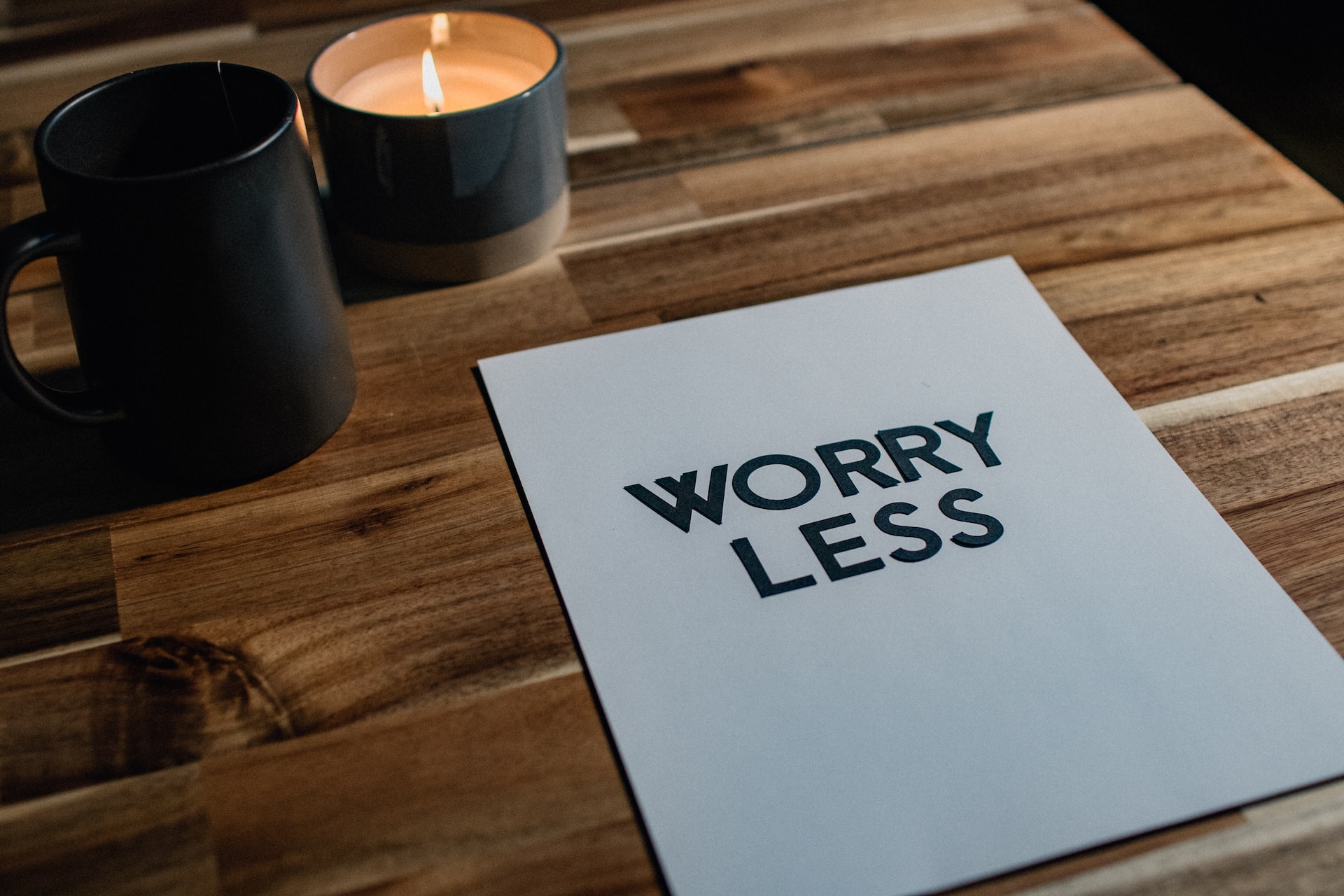This article is an overview of how trauma is understood and how it may affect your mental health. It discusses the effects of trauma, lists some treatment options and discusses how to remove barriers that prevent you from securing the correct type of support. This article is also relevant to readers who want to be a better support to those who have undergone trauma.
 It will be useful to start with the question of the basic effects of trauma. After all, it seems that many of us are either in one of three life stages when it comes to life’s difficulties: we are either entering a tough time, in the middle of one or coming out of one.
It will be useful to start with the question of the basic effects of trauma. After all, it seems that many of us are either in one of three life stages when it comes to life’s difficulties: we are either entering a tough time, in the middle of one or coming out of one.
Now, as you can expect, trauma has a different impact on each person. This includes the ways our bodies respond to danger, the impact that trauma often has on mental health, the link between trauma and physical health problems, and other factors.
There are quite broad touch points on trauma, so it is likely that you will have experienced or witnessed in others some of the impacts which appear in the article, and quite likely some others that are not mentioned.
The ways our bodies respond to danger.
Cortisol and adrenaline are both hormones that our bodies instinctively release when we are feeling stressed or threatened. Trauma is an involuntary and natural response by our bodies to help us prepare to respond to danger.
These hormones will affect different people in different ways. Experts have coined these reactions in the following ways: fawn, fight, flight, flop, and freeze.
Fawn – attempts to placate the one who is harming you.
Fight – being belligerent, struggling, or dissenting.
Flight – getting away from the danger and threat of trauma.
Flop – simply obeying the instructions given to you without resisting them.
Freeze – the feeling of being unable to move or feeling frozen in place.
The stress signals which occur as effects of trauma may affect how we think, feel, and act long after it as well. In some cases, the feelings continue for years and may cause the person to view the world as a threatening environment that requires them to be hyper-alert to what goes on around them. They may suffer from disturbed sleep as a result, which then negatively impacts their life.
The impact of trauma on mental health.
Listed below are some commonly referred-to effects of trauma.
Alcohol and substance abuse. These are destructive forms of self-medication which people use to try to cope with difficult emotions or memories.
Dissociation. this is the term for a coping mechanism used by our minds to play through. Sometimes particular scenes of a traumatic event can feel as if it is happening for the first time, with all the extreme emotional and mental strain that accompanied it. Interestingly this can happen whether someone can remember the specific details of the event.
scenes of a traumatic event can feel as if it is happening for the first time, with all the extreme emotional and mental strain that accompanied it. Interestingly this can happen whether someone can remember the specific details of the event.
Flashbacks. this term describes when a past incident recurs vividly in the mind, and the person relives aspects of the traumatic event. He or she may even feel as if it is happening in the present.
Grief. Experiencing a loss is very often traumatic. This may be through the death of a loved one, or another type of loss. It is not uncommon for people to experience a type of grief that develops in reaction to how their lives have been changed by trauma. Sometimes the person who has suffered from trauma may feel like he or she missed out on regular experiences others take for granted, which then leads to a feeling of loss.
Hyperarousal. This is a very nervous, anxious feeling that someone has which keeps him or her on edge and unable to relax. This tendency to always be on the lookout against danger and threats, whether imaginary or real, makes a person’s anxiety climb as he or she is used to feeling on edge for a long time. A person with hyperarousal will find it normal to constantly be very anxious and on edge and find it increasingly more difficult to relax.
Low view of self. Having low self-esteem can be a direct effect of trauma which may change how you value and perceive yourself.
Panic attacks. These are a type of fear response where there is an exaggeration of your body’s response to danger, stress, or excitement. This plays out when, in a threatening situation, the fight, flight, flop, fawn, or freeze reactions are amplified with the result that the sufferer finds the experience utterly overwhelming.
 Self-harm. This is a way that some trauma sufferers use as a coping mechanism and involves harming yourself and sometimes the parts of your body that were attacked or injured during the trauma.
Self-harm. This is a way that some trauma sufferers use as a coping mechanism and involves harming yourself and sometimes the parts of your body that were attacked or injured during the trauma.
Sleeping problems. Sleep is established to be one of the healthiest activities in which we can take part. But some people will battle to fall asleep or then stay asleep. When one does not feel safe at night, and experiences anxiety or even a fear of being unsafe at night, then sleep problems may follow.
Suicidal thoughts and feelings. These would include being preoccupied with the thoughts of ending your life, researching and considering various methods of suicide, or making plans to set your affairs in order and making plans to take your life.
The link between trauma and physical health problems.
Feelings of self-blame sometimes occur in people who have experienced trauma. With this comes feelings of guilt or shame, regardless of whether or not the trauma happened as a result of their actions, and they were to blame.
Our minds are complex, and self-blame becomes a tool it uses to avoid the feelings of anger, grief, or betrayal that may overwhelm us. This can be seen in a variety of real-life scenarios. It is the reason that the sufferer survived in an unsafe and stressful situation, such as living in the same house as someone who has caused them harm.
Often the person will wish that they were able to do something differently, although they couldn’t have. This includes the examples of when someone else blamed them for what had happened and acted like it was their fault, or they were manipulated into feeling responsible for the actions of another, even if that other person had power over them.
Along with these feelings, there is the inherent sense you did something wrong and you either caused the events to take place or you are dealing with the situation after the original event occurred. Self-blame may be a mechanism used by your mind to help protect you, but it can be exceptionally difficult with which to cope. This is why it may take time and professional support to start feeling differently and to heal.
Trauma and physical health problems.
Long-term or chronic illness as well as the development of physical health problems may result from trauma that remains unresolved.

Researchers expect that this is because trauma can affect our bodies as well as our minds, and so it has an impact on our physical health over the long term. You might also have gotten physically hurt during the trauma. Having a physical illness or disability can also make you feel stressed and anxious, which might make it even harder to cope with trauma.
Physical symptoms range from skin rashes to head and backaches, blurred vision, and more. If you are experiencing physical symptoms as a basic effect of trauma then make an appointment with your doctor so he or she can assist you to access the correct type of treatment and support.
Other basic effects of trauma.
As we are each unique and experience trauma in our own ways, the feelings of trauma may last for a long time, or their effects could sporadic and unpredictable. The symptoms of trauma may interfere with common daily activities. These would include a person’s ability to look after themselves, hold down a job, trust other people, maintain or make friendships, have a good memory, or be decisive.
Other effects could be on the person’s libido, their ability to cope with change, being interested in enjoying their leisure time, and still, other cases of trauma may significantly impact the person’s ability to work.
Christian counseling for the basic effects of trauma.
If you’re looking for additional help to better understand the effects of trauma, browse our online counselor directory or contact our office to schedule an appointment. We would be honored to walk with you on this journey.
“Wooden Blocks”, Courtesy of Mateusz Dach, Pexels.com, CC0 License; “Dominoes”, Courtesy of Cesar Gaviria, Pexels.com, CC0 License; “Wooden Blocks”, Courtesy of Pavel Danilyuk, Pexels.com, CC0 License; “Wood Sculpture”, Courtesy of Max Rahubovskiy, Pexels.com, CC0 License
- Kate Motaung: Curator
Kate Motaung is the Senior Writer, Editor, and Content Manager for a multi-state company. She is the author of several books including Letters to Grief, 101 Prayers for Comfort in Difficult Times, and A Place to Land: A Story of Longing and Belonging...
Recent Posts
DISCLAIMER: THIS ARTICLE DOES NOT PROVIDE MEDICAL ADVICE
Articles are intended for informational purposes only and do not constitute medical advice; the content is not intended to be a substitute for professional medical advice, diagnosis, or treatment. All opinions expressed by authors and quoted sources are their own and do not necessarily reflect the opinions of the editors, publishers or editorial boards of Stone Oak Christian Counseling. This website does not recommend or endorse any specific tests, physicians, products, procedures, opinions, or other information that may be mentioned on the Site. Reliance on any information provided by this website is solely at your own risk.






